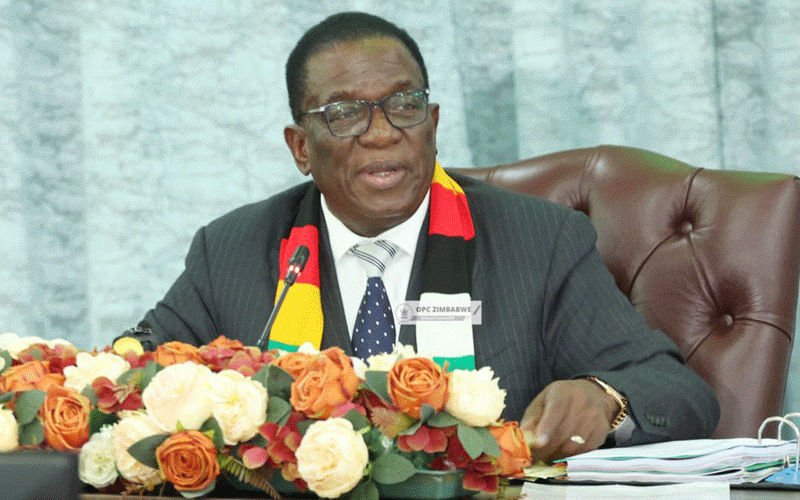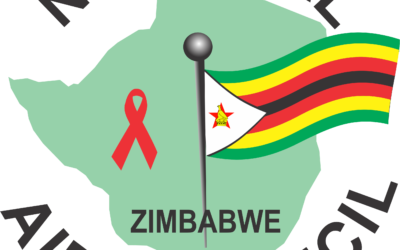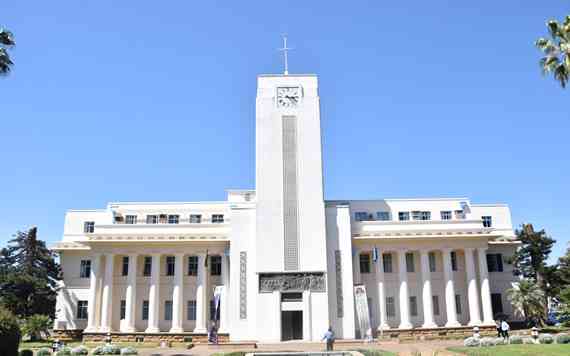
WETLANDS in Zimbabwe are facing an unprecedented threat from rapid urbanisation, agriculture and land degradation, pollution, deforestation and the effects of climate change, President Emmerson Mnangagwa has said.
In a speech read on his behalf by Defence minister Oppah Muchinguri-Kashiri during the belated commemoration of the World Wetlands Day at Kasibo in Hwange yesterday, Mnangagwa said no single individual, organisation or government could tackle the challenge as there was a lot of work to be done to reverse the implications of past actions.
The year’s commemorations were held under the theme Protecting Wetlands for our Common Future.
“These threats are not only undermining the environmental services provided by wetlands, but also putting at risk the communities that depend on them for their survival,” he said.
“On that note, protection of wetlands for posterity remains unquestionable the world over.”
Mnangagwa said past actions had become detrimental to the integrity of wetlands, adding that the commitment to transformative and progressive sustainable wetland management was evident in the policy and administrative direction being taken by the government.
He said the National Wetlands Policy outlined aspirations to sustainably manage these vital resources, while the Environmental Management Act remained the principal guiding legal instrument on wetland management in Zimbabwe.
The World Wetlands Day is observed annually on February 2 to acknowledge the significance of the International Treaty on Wetlands signed on February 2, 1971, in Ramsar City, Iran.
- Mavhunga puts DeMbare into Chibuku quarterfinals
- Bulls to charge into Zimbabwe gold stocks
- Ndiraya concerned as goals dry up
- Letters: How solar power is transforming African farms
Keep Reading
The Intergovernmental Treaty, also known as the Ramsar Convention, established a framework on the conservation and judicious use of wetlands.
“Sustainable wetland management is thus a critical enabler for the attainment of Sustainable Development Goals (SDGs). Today marks exactly 170 days of this historic event in our country,” Mnangagwa said.
“I, therefore, compel that this countdown be flighted in the national and international media platforms to remind the nation and the rest of world of the upcoming COP15 meeting and on the legacy actions being undertaken to protect and restore our wetlands (sic).
“The COP15 meeting gives impetus to the desire to build strong international co-operation and guaranteeing that the protection of wetlands remains a global priority for our common future.”
The 15th meeting of the Conference of the Contracting Parties (COP15) will be held in Victoria Falls from July 23 to 31 this year.
Meanwhile, Environment, Climate and Wildlife minister Sithembiso Nyoni has paid tribute to villagers in the area for the “good management” of the Kasibo wetlands.
She said the community had built two dams on the wetlands, which had become a source of their livelihoods.









